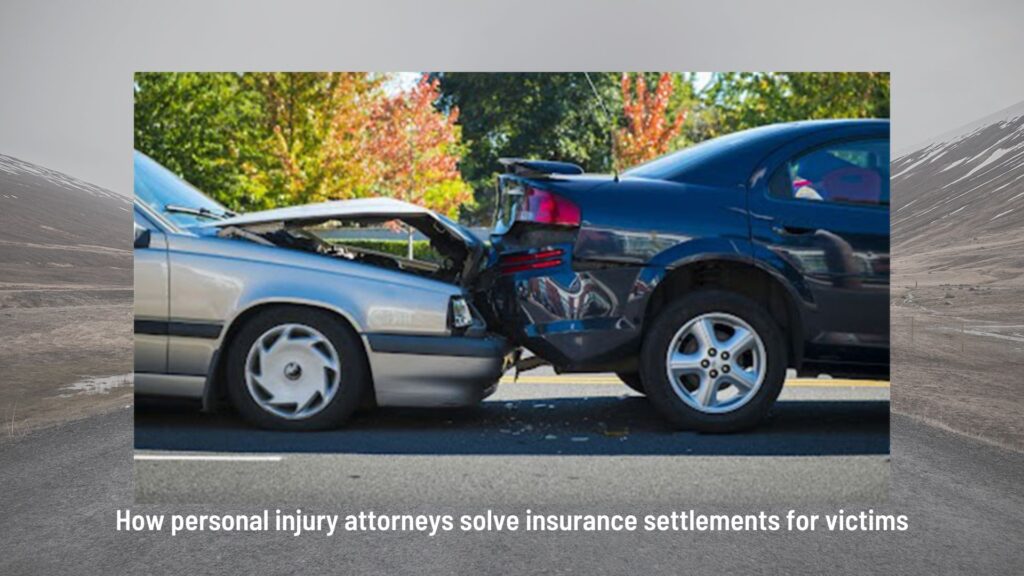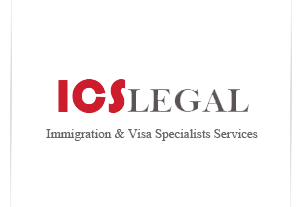A car accident is a part of personal injury law. If two vehicles get into a Massachusetts car accident, and one driver is at fault, generally speaking, the faultless driver would file an insurance claim with the at-fault driver’s car insurance carrier. This scenario is quite common; however, it is estimated that one in eight drivers are uninsured, which helps illustrate the importance of uninsured or underinsured motorist coverage. The Massachusetts Appeals Court decided a case involving the complexities of underinsured motorist coverage and the right of the underinsured insurance carrier to seek arbitration for any amounts owed to the insured.
The plaintiff was hurt in a car crash. Her insurance carrier was Arbella Mutual, and the other car involved in the accident was insured by Liberty Mutual. The plaintiff notified her insurance carrier of the accident. Arbella notified her that her underinsurance coverage limits were for a half-million dollars per accident.
The plaintiff filed suit against the other driver. The procedural posture of the case became complex, but in the second trial, the jury reached a verdict and allocated sole responsibility for the accident to the defendant. The plaintiff’s awarded damages exceeded the amount available under the defendant’s insurance coverage limits. The plaintiff decided to settle the case with the defendant for a lesser amount and seek the outstanding amount from her insurance carrier under the underinsurance coverage provisions.
Arbella denied the plaintiff’s request to pay the balance and instead argued that the issue of damages should be resolved through arbitration. The plaintiff filed a lawsuit against Arbella, asserting, in part, unfair settlement practices. Arbella denied the allegations and sought the judicial appointment of an arbitrator. The trial court ruled in favor of the plaintiff and ordered Arbella to pay the balance of the damages awarded by the jury in the second trial.
Massachusetts law sets standards for vehicle insurance policies. Relevant to this decision was General Laws Chapter 175, Section 111D, which provides that if the insurance provider and the insured are unable to reach an agreement as to the number of damages owed, arbitration is an option.
The court first concluded that Arbella had not expressly waived its right to arbitration. The more difficult question was whether Arbella had indirectly waived the right to arbitrate through its actions. The court found that Arbella had not waived that right. First, it had waited until the court proceedings ended in the claim against the defendant insured by Liberty Mutual. Also, Arbella was not a named litigant in the lawsuit between the plaintiff and the person who was responsible for the accident. It, therefore, made sense for Arbella to wait until that action had concluded and for the plaintiff to make a demand for the underinsurance limits of her policy before invoking the arbitration clause.
If you are in a car accident, the court and insurance process can be difficult to navigate. Michael O. Smith is an experienced advocate for car crash victims. As his client, you can rely on a Boston car accident attorney who can provide guidance that is tailored to your case. Call us today at 617-263-0060 or complete our online form to schedule a no-obligation consultation.




